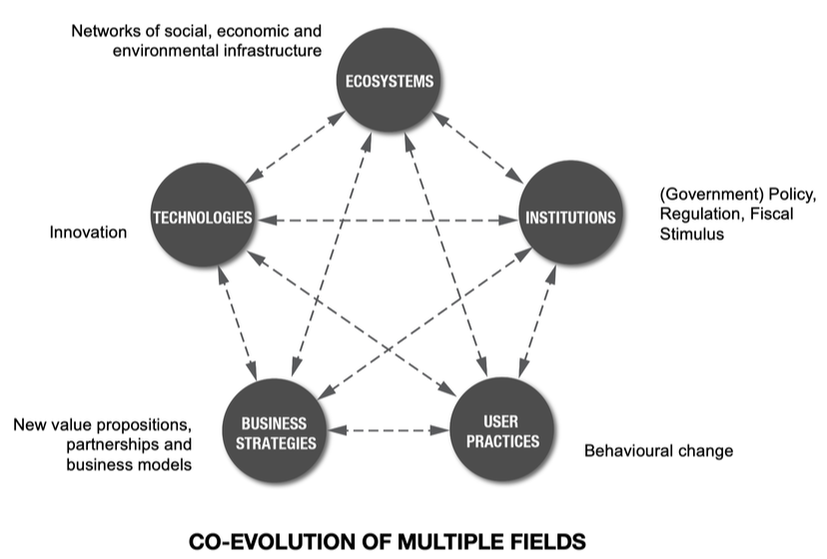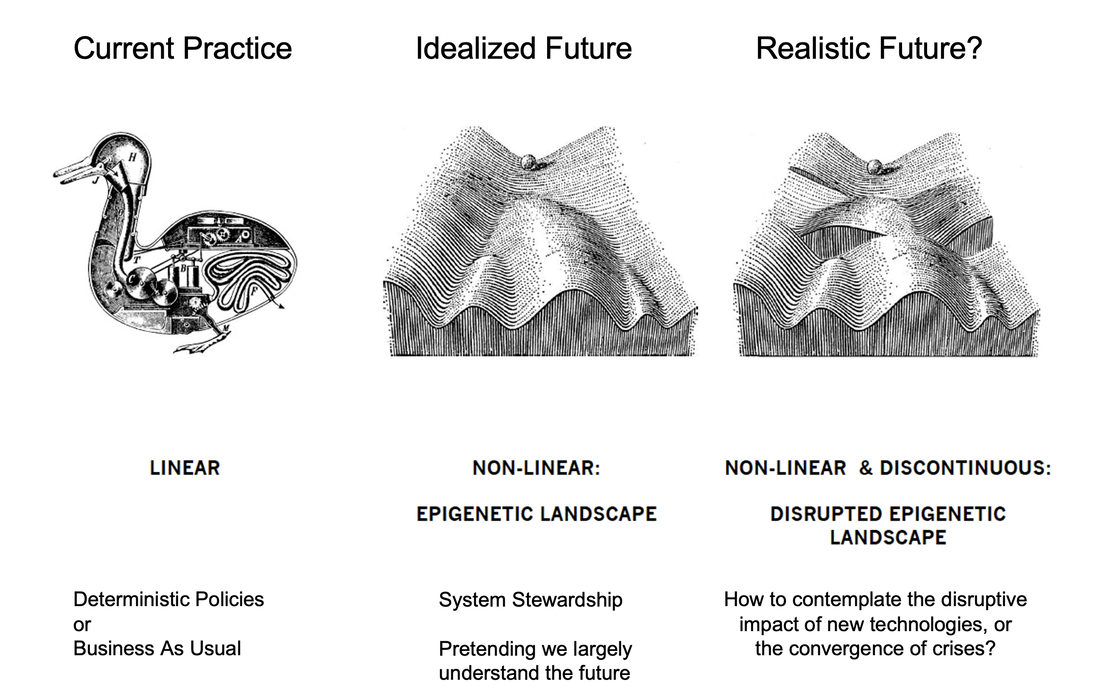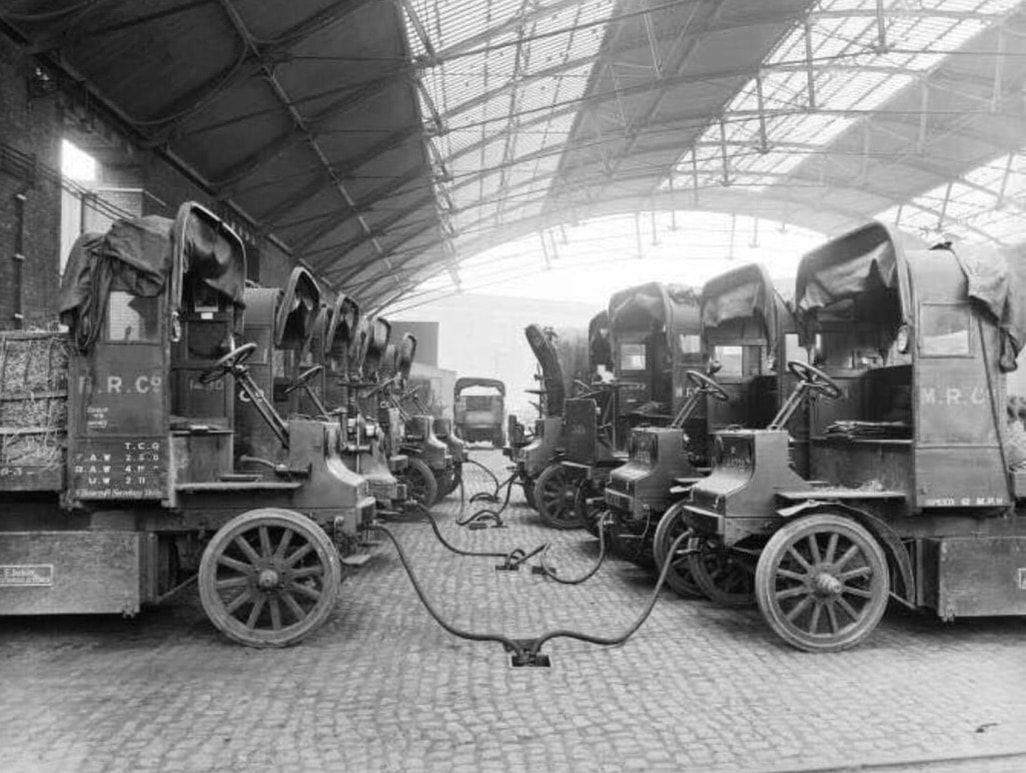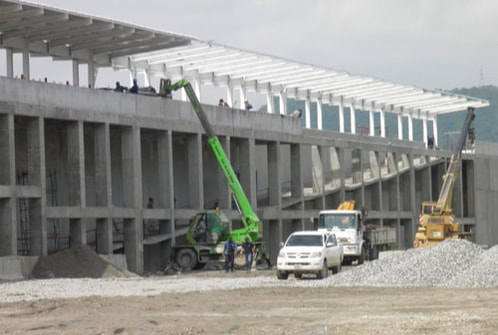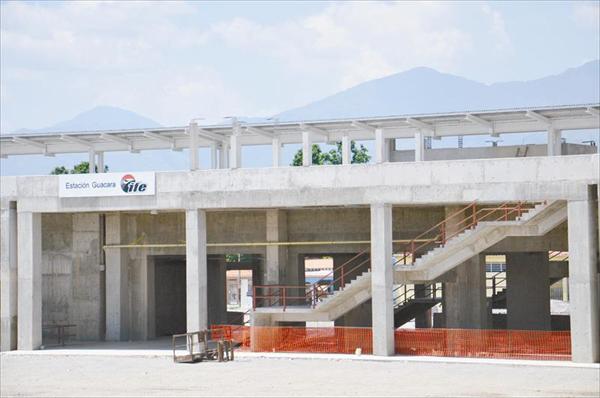Our approach to sustainable development
Within a broader transition towards new sustainable living environments, a thorough understanding of context-specific challenges is key.
|
Source: elabaration of Foxon, 2011
|
Impact investment can be enabled by improving insights in the complexity of change.
We focus in every project on identifying the opportunities for a meaningful and lasting change of the living environment. Opportunities for change can be found in the way the hardware, software and org-ware of a project are connected in new ways; the spatial, programmatic, and organizational objectives are defined within a single development framework. Sustainable urban development moves beyond circular building methods, renewable energy, and smart mobility solutions. Sustainable change is also achieved by organizing the economic conditions that enable social issues to be addressed within the same framework. The development framework includes social, environmental an economic sustainability within a single context.
We carefully analyse the broader context and potential of a development in order to define the 'fitness landscape' of challenges and opportunities that a specific development process will encounter. This approach allows for a better alignment between the desired impact of an investment and the risks associated with an innovation agenda. The quality of decision-making is improved by providing multiple development paths or scenario's that articulate the specific complexity of a development |
We need to urbanize technology instead of the other way around
|
"Technology is the answer. But what was the question?"
Cedric Price |
Specifically global
|
Agile with strong partnerships
While having the scale of a 'boutique' consultancy, we have access to an excellent network of internationally recognized design and engineering firms, financial engineers, and strategy advisors. We can quickly scale up and assemble a team of experts to match the specific needs of a project.
|

